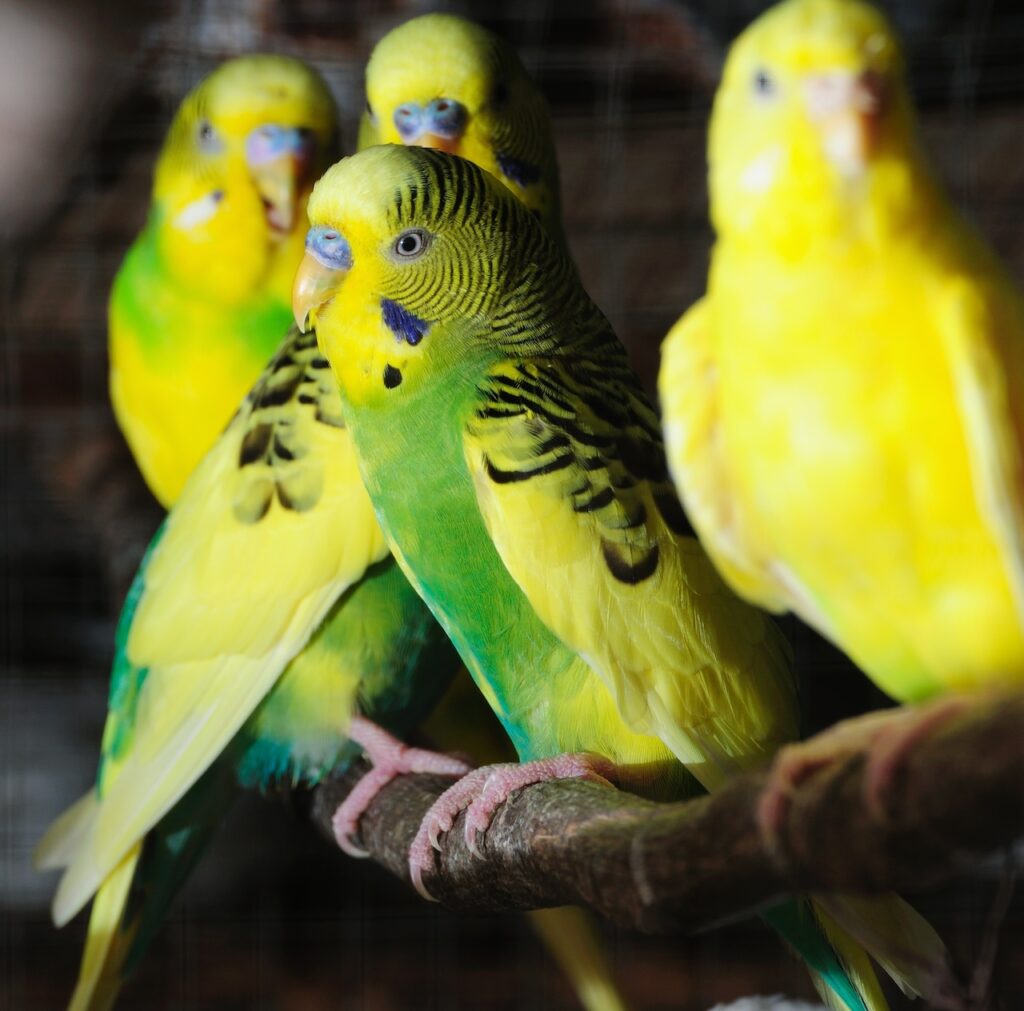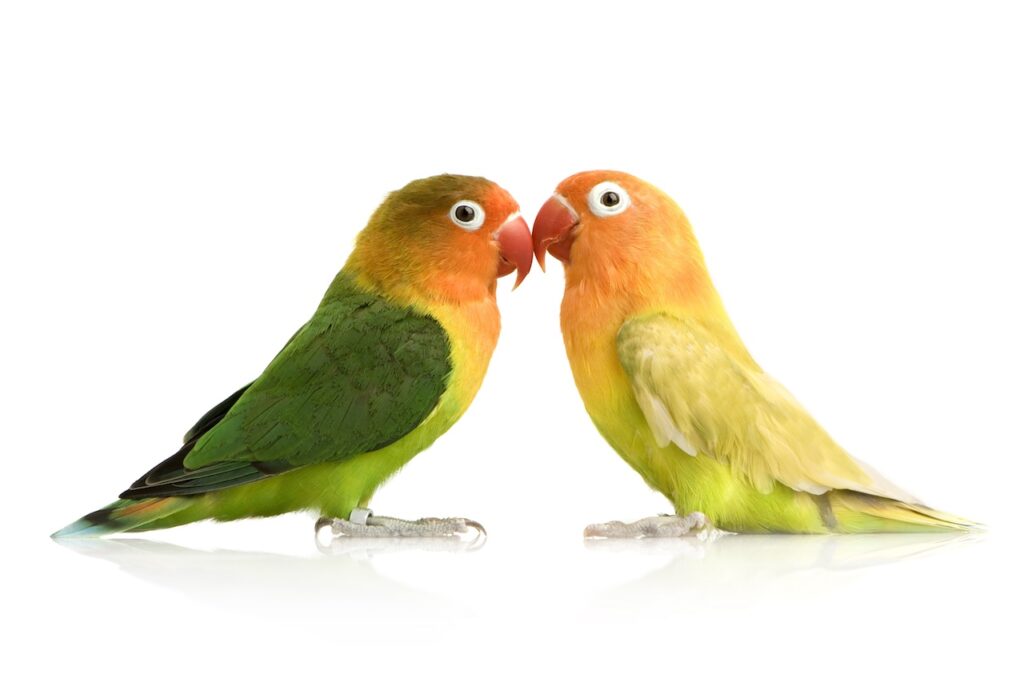Polyomavirus in birds is a widespread viral infection that can cause serious harm, particularly in aviaries and multi-bird households. Young birds are especially vulnerable, and outbreaks can devastate entire flocks. Adult birds may carry the virus without showing signs, silently spreading it to others. Understanding how this virus spreads and how to detect it is crucial for prevention.
Transmission: highly contagious and fast-spreading
The virus is shed through:
- Feather dander
- Droppings
- Crop secretions
Birds become infected by:
- Inhaling airborne viral particles
- Ingesting contaminated materials
The incubation period is short—a few days to two weeks—allowing the virus to spread rapidly. To limit infection:
- Avoid contact between untested birds
- Maintain strict hygiene in cages and shared spaces
Clinical signs: species and age matter
All psittacine species can be infected, but some are more susceptible, including:

- Budgerigars
- Macaws
- Eclectus parrots
- Conures
- Lovebirds
In budgerigars (also known as “Budgie fledgling disease”):
- Abnormal feather growth
- Skin hemorrhages
- Abdominal swelling from fluid or liver enlargement
- Tremors and high mortality in chicks under 20 days old
- Survivors may have temporary feather deformities but remain chronic virus carriers
In other species (especially hand-fed chicks):
- Slow crop emptying
- Yellowish urates
- Feather abnormalities, bruising
- High mortality in acute cases
- In adults: often asymptomatic, but may show neurological signs or kidney disorders
Polyomavirus also weakens the immune system, increasing susceptibility to other diseases.
Diagnosis: testing more than once is key
Diagnosis is based on:
- PCR testing on blood and droppings
- Two positive tests 90 days apart confirm a chronic carrier
Negative results are not conclusive, since virus shedding is intermittent. Repeat testing is strongly recommended.
Antibody tests exist but are not commonly used, as they don’t indicate if the bird is actively shedding the virus.
What to do if your bird tests positive
In the event of a positive result:
- Isolate the bird for at least 90 days
- Monitor any birds that had contact with the infected individual
- Thoroughly disinfect the environment (bleach, Oxyfresh, ethanol, phenol-based products)
- Prevent indirect transmission via hands, clothing, and shared objects
Chronic carriers should remain isolated and monitored long-term.
Treatment: supportive care only
There is no known cure for polyomavirus in birds. Treatment focuses on comfort:
- Warm environment
- Assisted feeding
- Fluid therapy
- Broad-spectrum antibiotics to prevent secondary infections
Prevention: your best defense
No vaccine is available in Quebec. Prevention includes:
- Closed aviaries with no new birds introduced
- Routine screening of all new birds
- Strict quarantine before allowing new birds to join others
Polyomavirus testing is part of the “Big Four” panel alongside psittacosis, PBFD, and Pacheco’s disease.
Need more information?
Have concerns about polyomavirus or your bird’s health? Contact us today. We’re here to help you protect your feathered companions.















